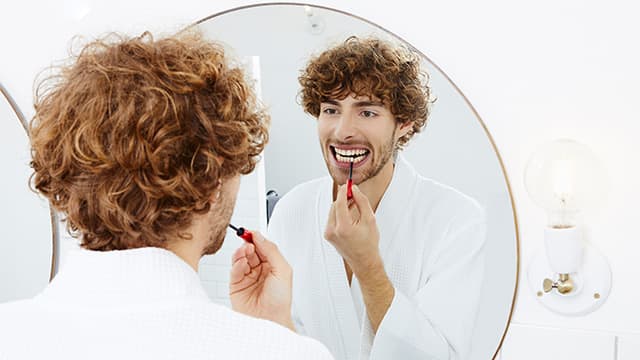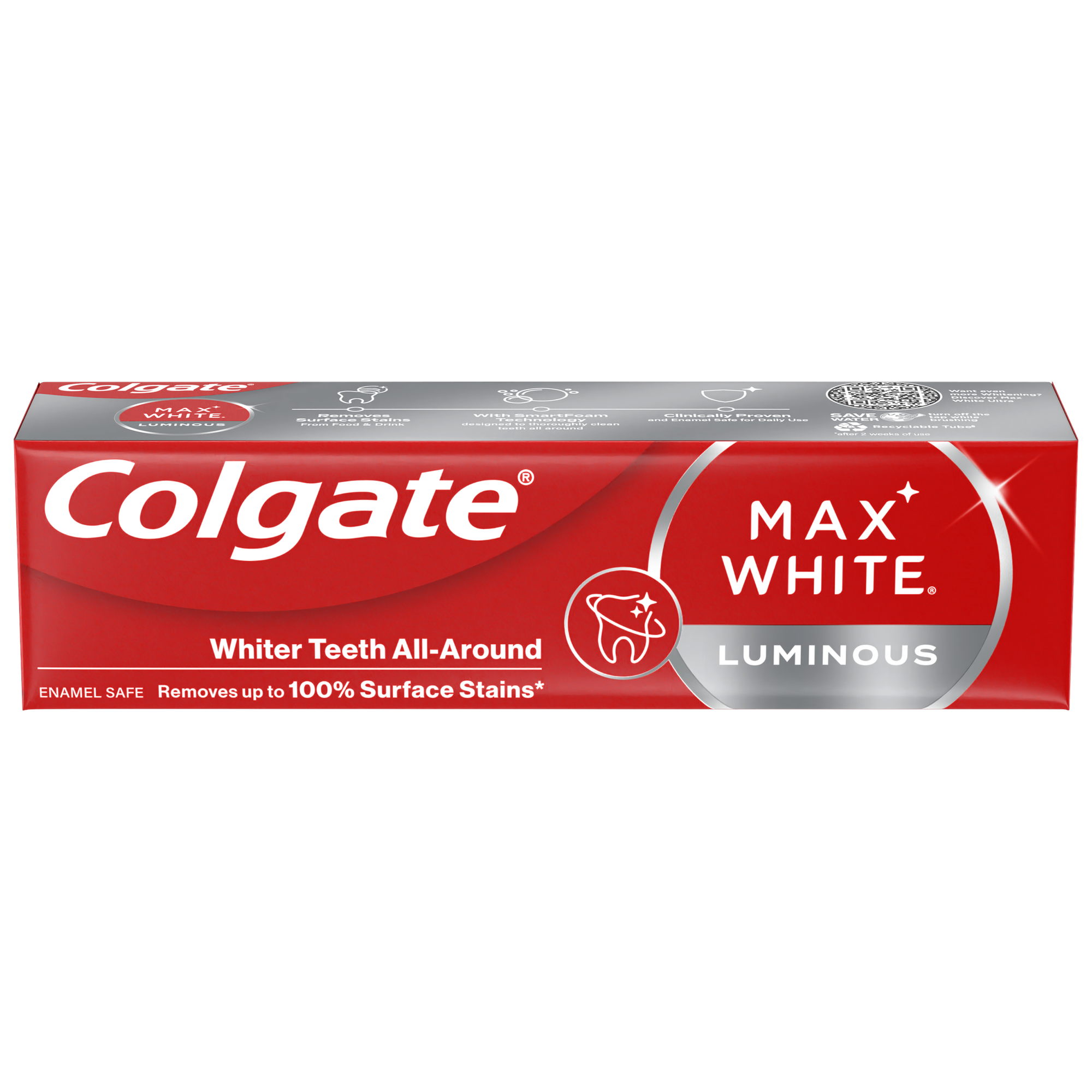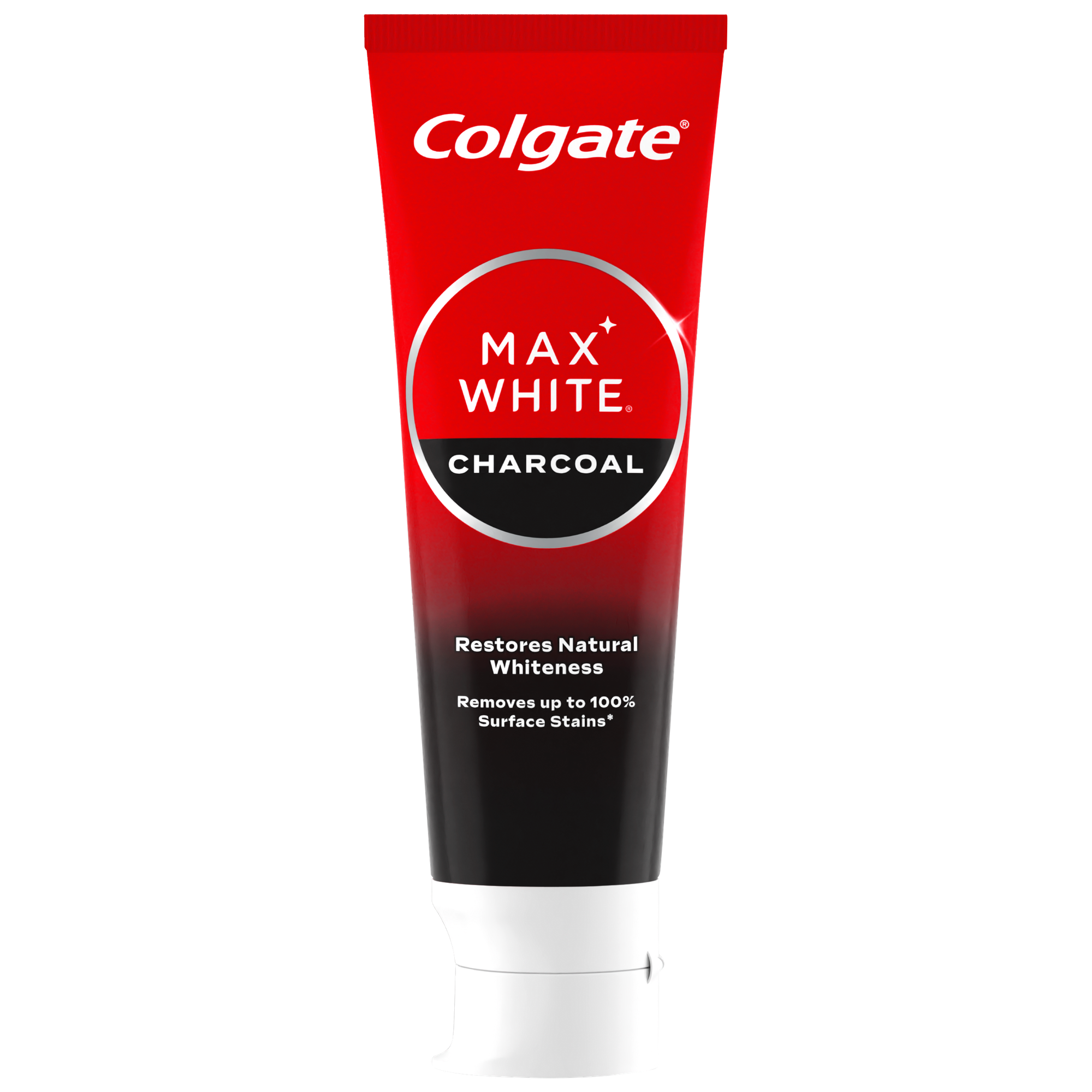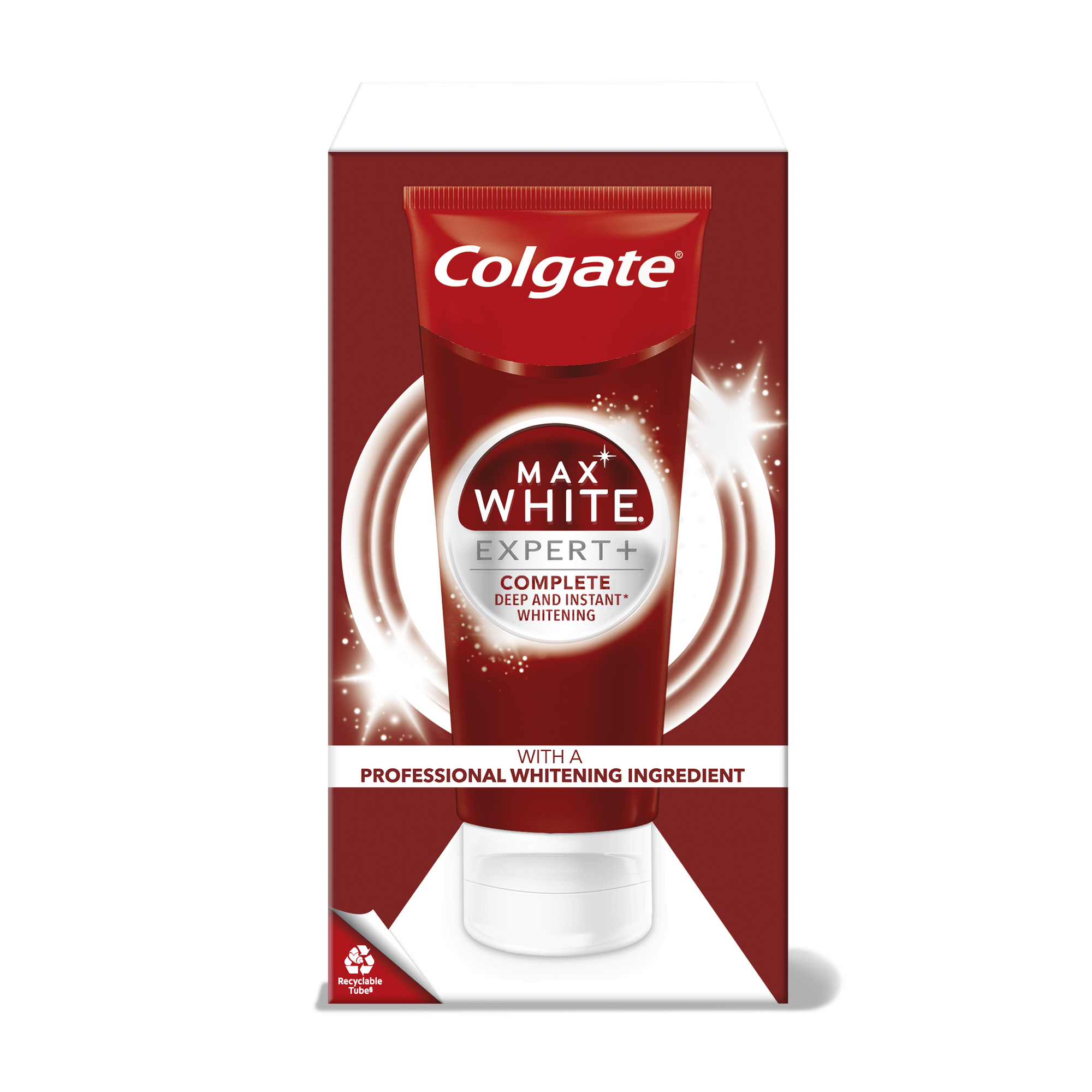How bonding responds to colour
Teeth whitening treatments and products provide an effective and simple way to remove stains caused by foods, drinks and habits over time. Some of the biggest teeth-staining culprits include juicy, colourful berries and tomato-based sauces, coffee, tea, caffeinated fizzy drinks and red wine, smoking and chewing tobacco.
Many people wonder how to whiten composite bonding, however, it’s a different story.
The colour of the bonding material is designed to match your natural tooth colour. When it’s bonded to your natural teeth, no one except dental professionals can tell which teeth have had the treatment.
Unlike tooth enamel, though, bonding resin is non-porous. On your natural teeth, stains form when the staining agents penetrate your teeth's pores – and whitening agents penetrate the surface of your teeth to whiten them.
Because of the non-porous nature of resin, whitening agents can't penetrate it. So, your resin-bonded teeth can look stained or discoloured in certain areas due to the contrast with your bleached natural teeth. And like any plastic item, resin can become discoloured over time when exposed to various staining agents.
Simply put, bonding resin can appear stained, but you can't whiten it with teeth whitening treatments or products.
When and how to whiten bonded teeth
The best time to whiten your natural teeth is before you have a bonding procedure. That way, your teeth are at their whitest when your dentist colour-matches the bonding material. If you look after your teeth with good oral care (i.e. brushing and flossing teeth and using whitening toothpastes) and touch-up treatments, your natural and bonded teeth will continue to match.
However, if you've had a bonding procedure in the past and now wish to whiten your teeth, what should you do? Since your bonded tooth might be discoloured and won't respond to teeth whitening treatments, you have two choices:
- Get a porcelain veneer that matches your new tooth colour to hide the stained bonded tooth.
- Replace the stained resin material with bonding that matches your new tooth colour. This might be a good option if your bond is more than 10 years old or has deteriorated for any reason.
Talk to your dental professionals about your options.
Effects of tooth whitening
Help to ensure you have a positive teeth-whitening experience at home using over-the-counter or dentist-prescribed whitening products by keeping these things in mind:
- Always follow the instructions that come with your whitening package.
- Certain over-the-counter whitening agents can irritate the soft tissues of your mouth – particularly your gums – and cause tooth sensitivity. If you feel the burn, stop using the product.
- Overusing whitening products can damage your natural tooth enamel and lead to increased tooth sensitivity.
- Even if you use stronger chemicals such as hydrogen peroxide, your bonded teeth won't get lighter like your natural teeth will.
For an optimum and safe experience, consult with your dental professional about whitening your teeth in the dentist's chair. While you’re there, you can talk about procedures to lighten your bonded teeth.
Can home remedies whiten composite bonding?
As we said above, there are no at-home treatments that will be able to whiten your composite bonding. As composite bonding isn’t a permanent procedure, you’ll need to go through some maintenance at the dentist if you choose it, as it doesn’t last forever.
Depending on how bad the staining is, dentists can use various tools to try to polish and remove stains from your bonding to make it look brighter. However, they’ll most likely replace the old bonding with a new shade of resin material that matches the current shade of your natural teeth. If you’d rather have an alternative to bonding, you could choose to get veneers or crowns.
We’ve included some dos and don'ts below for composite bonding that are helpful to know and will help you keep it looking white for as long as possible:
DOs
- Brush your teeth twice a day in the morning and the evening using whitening toothpastes with fluoride
- Floss once a day with a focus on the gumline
- Take care when brushing and flossing teeth - be gentle and use a soft-bristled toothbrush
- Drink water after eating to rinse away bacteria and food particles from your teeth
- Visit your dentist every six months for a checkup and hygiene appointment
DON’Ts
- Drink dark coloured liquids like tea, coffee and red wine
- Eat highly pigmented foods like curry, tomato-based sauces or berries
- Bite down on hard foods using your bonded teeth
- Bite your fingernails, crunch ice or grind your teeth
If you're considering tooth bonding, particularly for cosmetic purposes, be sure to consult with your dentist about teeth whitening before the bonding procedure and how you'll handle staining issues in the future. And if you have bonded teeth that aren't as white as they used to be, ask your dentist about replacing the bonding material so they're as white as your natural teeth. After all, your dentist is in the business of perfecting your smile and can help you achieve great results!
ORAL HEALTH QUIZ
What's behind your smile?
Take our Oral Health assessment to get the most from your oral care routine
ORAL HEALTH QUIZ
What's behind your smile?
Take our Oral Health assessment to get the most from your oral care routine













